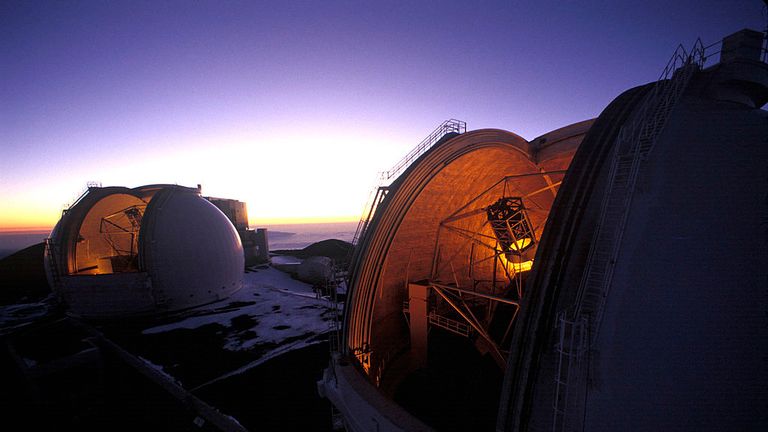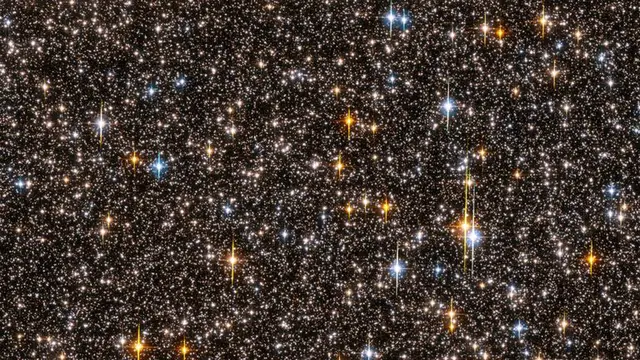Astronomers have hailed the discovery of an "unusual" monster galaxy dating back to the early universe, about 12 billion years ago.
Scientists estimate the universe is about 13.8 billion years old, and the newly discovered galaxy existed approximately 1.8 billion years on from its beginning.
According to the observations by the team at the University of California, Riverside, the galaxy, known as XMM-2599, at first formed stars at a high rate, but then mysteriously died.
"Even before the universe was two billion years old, XMM-2599 had already formed a mass of more than 300 billion suns, making it an ultramassive galaxy," said Dr Benjamin Forrest.
"More remarkably, we show that XMM-2599 formed most of its stars in a huge frenzy when the universe was less than one billion years old, and then became inactive by the time the universe was only 1.8 billion years old."
Dr Forrest, from the university's Department of Physics and Astronomy, is the lead author of the study, which was published in the Astrophysical Journal.
To find these earlier galaxies, scientists examine light that takes billions of years to travel across the universe.
In the most extreme cases, such as XMM-2599, the light can have taken 12 billion years to reach Earth, and requires extremely powerful telescopes to detect.
The observations the team used were made by the Keck Observatory, a system of telescopes on the summit of the dormant volcano Mauna Kea on Hawaii.

Image:The observations were made by the Keck Observatory
"In this epoch, very few galaxies have stopped forming stars, and none are as massive as XMM-2599," said Professor Gillian Wilson, a professor of physics and astronomy at UC Riverside.
Prof Wilson said that while these ultramassive galaxies are "incredibly rare at this epoch" they are predicted within the standard models of cosmology.
The problem is that the galaxies predicted within the models are expected to be actively forming stars.
"What makes XMM-2599 so interesting, unusual, and surprising is that it is no longer forming stars, perhaps because it stopped getting fuel or its black hole began to turn on," Prof Wilson explained.
"Our results call for changes in how models turn off star formation in early galaxies," she added.
Her team has been awarded more time at the Keck Observatory to continue investigating the unusual galaxy.
 简体中文
简体中文

